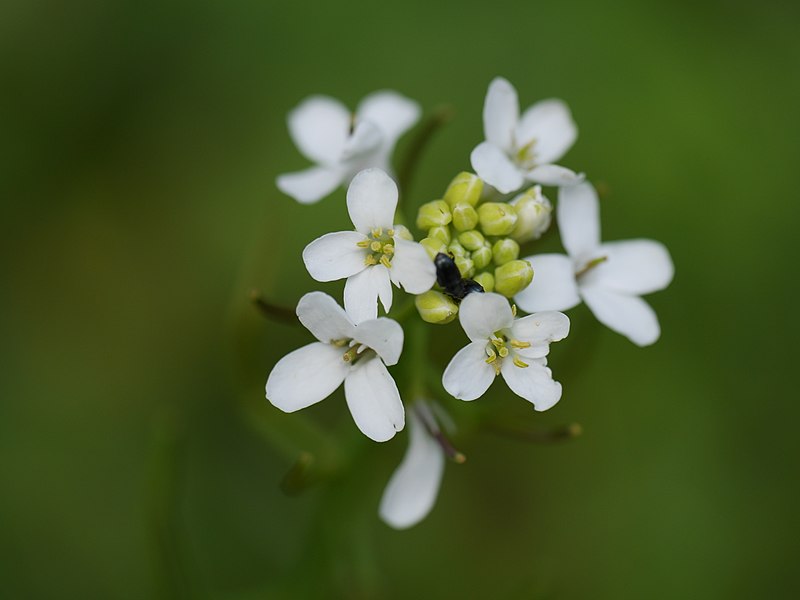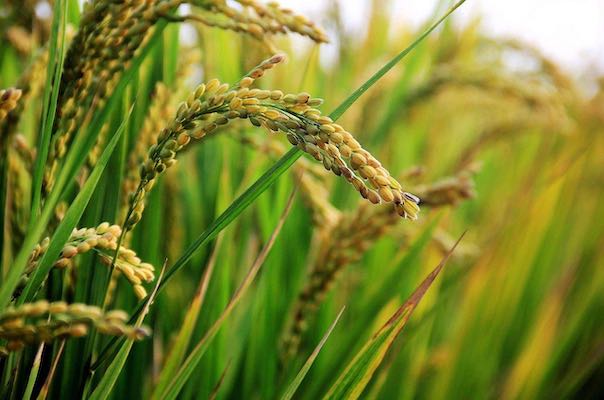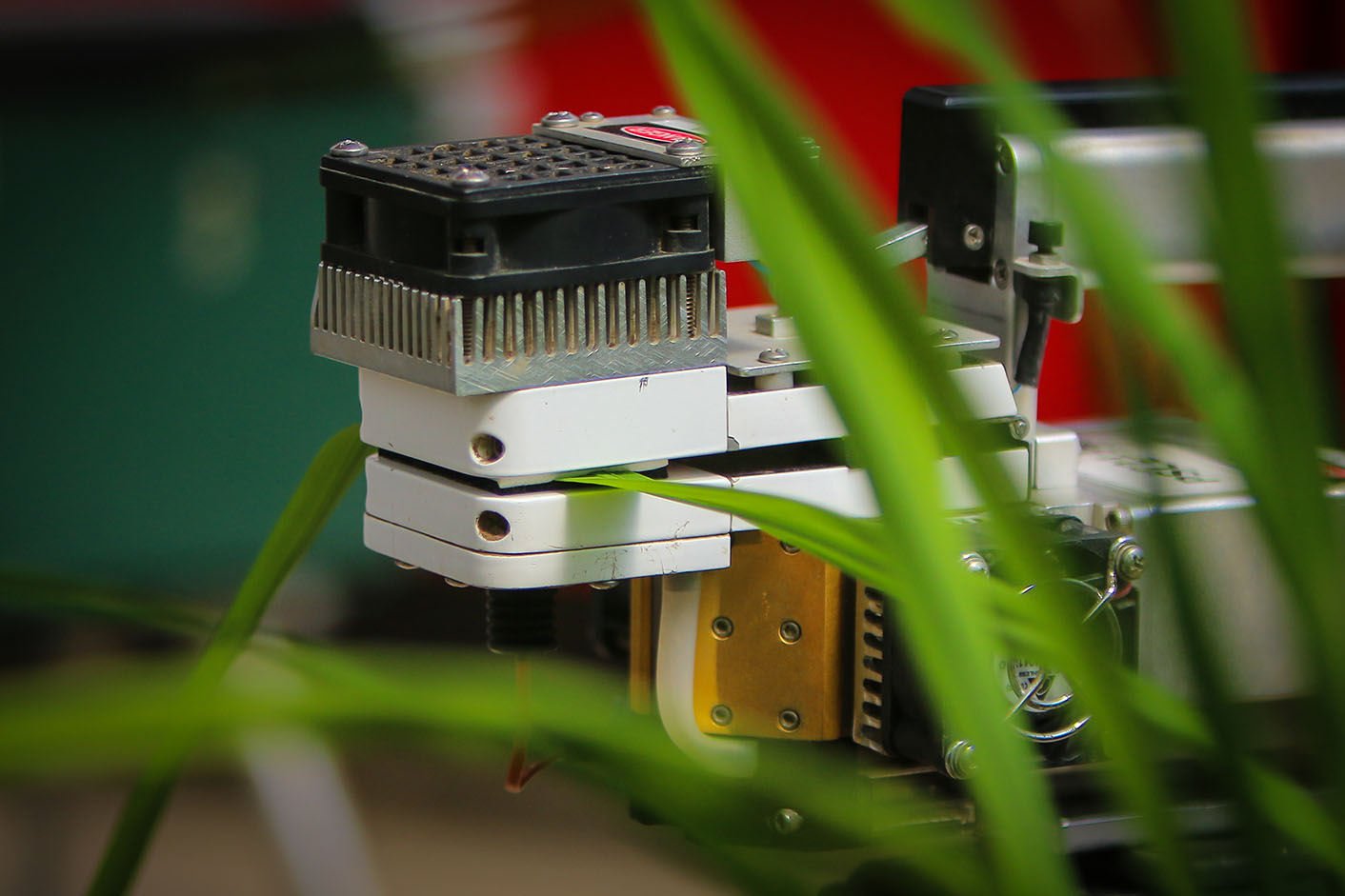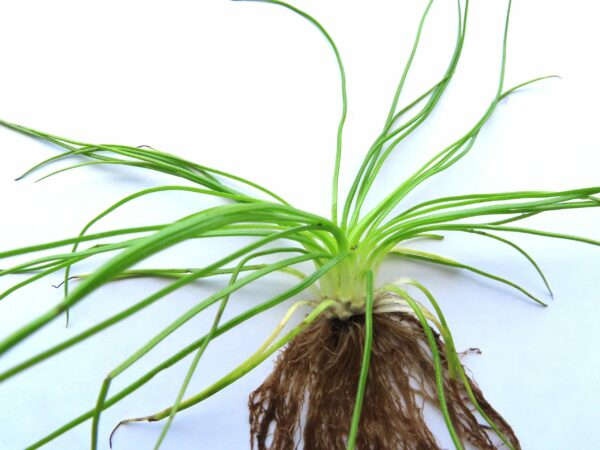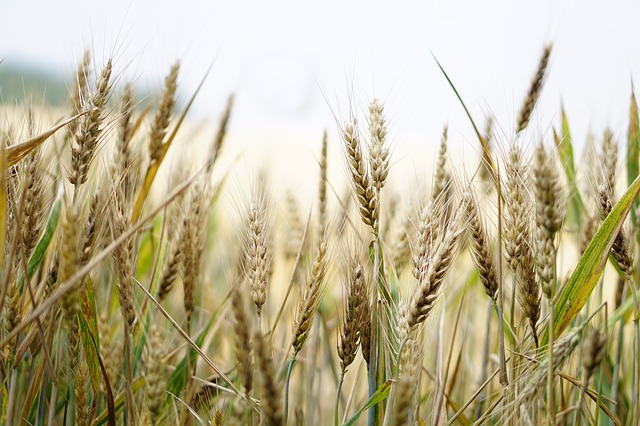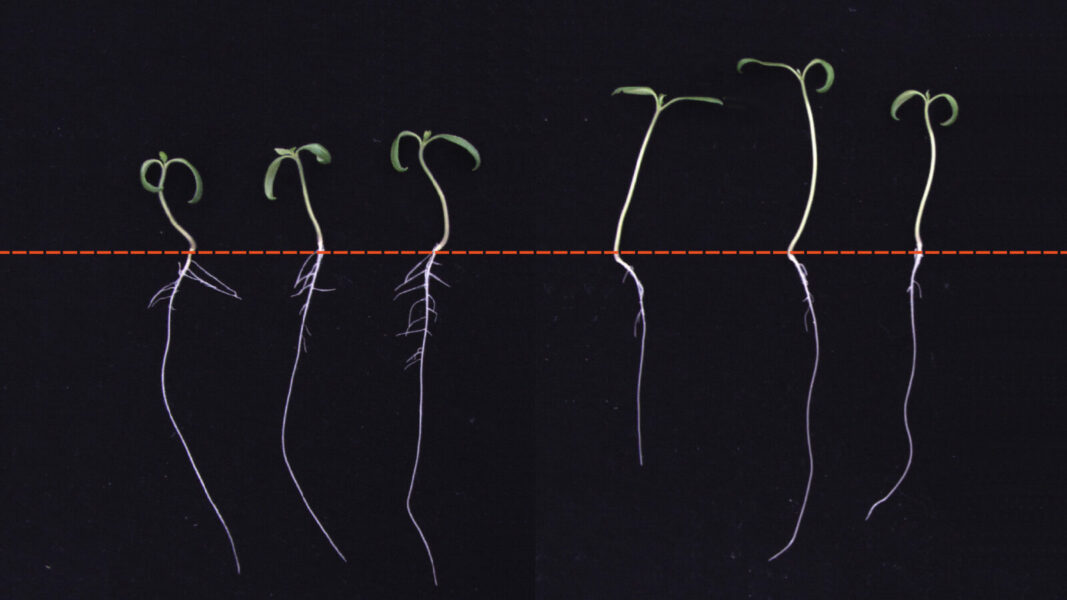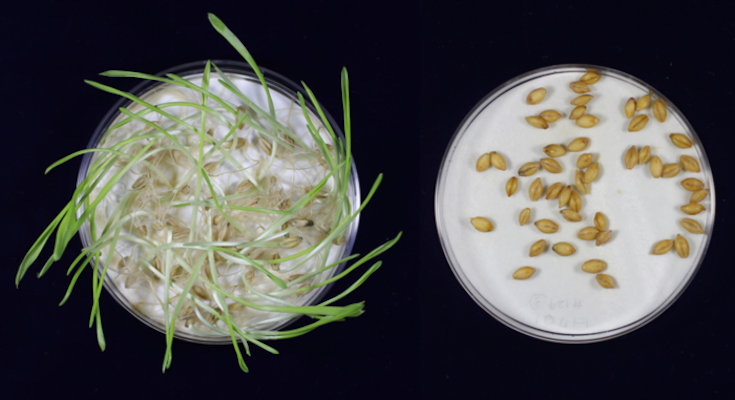
After a spell of unexpected rain, before the harvest season, a farmer may be faced with the unpredictable problem of untimely sprouting of barley. Sprouted barley fetches considerably low market prices and poses an economic burden on farmers and corporations that are at the mercy of nature to survive in the agriculture industry. The aggravation of climate change has not made this situation any better too.
The problem of pre-harvest sprouting, thus, has kept agricultural researchers occupied for long. Pre-harvest sprouting can be avoided by prolonged grain dormancy through genetic manipulation. However, such dormancy can interfere with malt production, and also cause non-uniform germination upon sowing. Balancing these issues is necessary for high-quality barley production, therefore.
Now, a team of scientists, offers a solution to this age-old problem.


